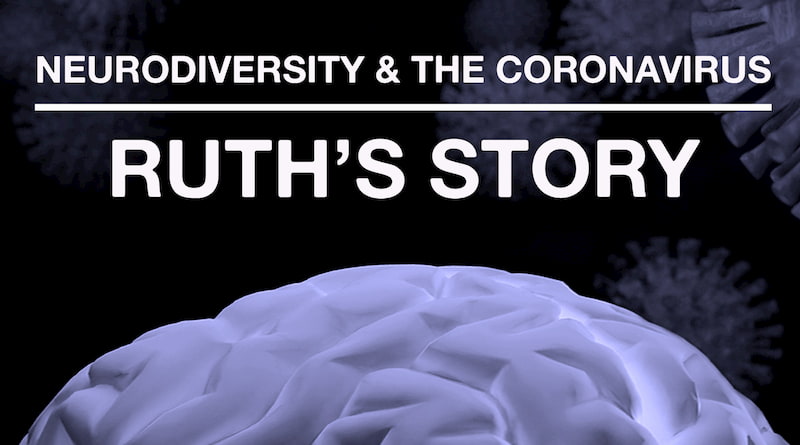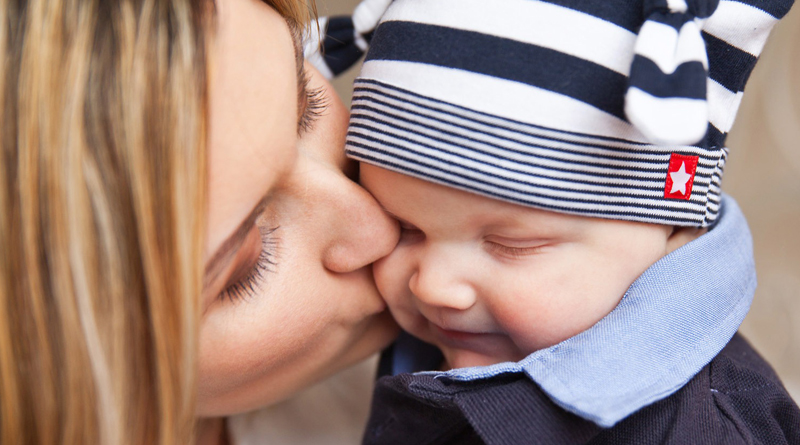
Mental Health & Relationships: Understanding Trauma Bonds
By Darlene Lancer, JD, LMFT
What Is a Trauma Bond?
A trauma bond is an attachment to an abuser in a relationship with a cyclical pattern of abuse. Patrick Carnes, Ph.D., coined the term in 1997. He defined it as an adaptive, dysfunctional attachment occurring in the presence of danger, shame, or exploitation in order to survive. The bond is created due to a power imbalance and recurring abuse mixed with intermittent positive reinforcement; in other words, good and bad treatment. The abuser is the dominant partner in the relationship and controls the victim with fear, unpredictability, and domination.
Behavioral psychologists call “intermittent reinforcement” conditioning (or “training”) behavior through the use of giving intermittent rewards. When you receive occasional and unpredictable positive, intermittent reinforcement, you keep seeking it. Looking for rewards can become addictive, like constantly checking your phone or email. This is how gamblers keep chasing an elusive win to get back their losses, even as they go into debt. Slot machines are programmed to encourage addictive gambling based on this phenomenon.
Surprisingly, research confirmed that this behavior continues even after the rewards stop coming! In studies, rats neglected their grooming and other self-care habits but kept pushing the reward lever like a slot machine.
You can get addicted to emotionally unavailable partners because they may periodically want closeness. Narcissists might intentionally withhold communication and affection to manipulate and control you with rejection or withholding, only to randomly fulfill your needs later. You become anxious and try even harder to decipher the narcissist and how to please him or her to get what you previously had but to no avail. Like the experimental rats, you get accustomed to long periods of not getting your needs met. This is how you become increasingly childlike and dependent on the narcissist — watching and accommodating to avoid abuse and to receive the occasional reward.
You may be trauma-bonded and have become dependent on and addicted to your partner’s attention and validation. You can become addicted to any sign of approval or bits of kindness or closeness that feel all the more poignant (like make-up sex) because you’ve been starved and are relieved to feel loved. You might give up hobbies, interests, and friends and completely lose yourself trying to please and not displease your partner. This pattern may have developed in childhood and is now activated and exacerbated in your current relationship. Trauma bonding is resistant to change. Our brains are wired to attach and before recovery these bonds aren’t within our conscious control. So don’t judge yourself.
Trauma Bonds and Stockholm Syndrome
The term “Stockholm syndrome” originated from a bank robbery in Stockholm, Sweden in the summer of 1973 when bank robbers held four people hostage for six days. This syndrome describes captives who sympathize with their abuser in life-threatening situations where they are isolated and can’t escape. Prisoners align with their captors. Any act of kindness or even the absence of abuse feels like a sign of friendship and being cared for. The abuser seems less threatening. Prisoners imagine that they’re friends and share common values and goals, believing they’re in it together and may view helpers or the police as the enemy. In the Stockholm robbery, the prisoners sided with their captors against the police who rescued them.
Because of the emotional and psychological bonding, Stockholm syndrome terminology has been expanded to cover intimate relationships that are less perilous than hostage situations. However, this application is controversial. Some people also argue that it’s not even abnormal behavior because it’s normal in the prisoner situation and adaptive. In fact, statistics show that friendliness and empathy for the abuser reduce violence against prisoners.
Signs of Trauma Bonding
Codependents are loyal to a fault. This tendency is exaggerated in trauma bonds. You want to protect the abuser rather than yourself. You make excuses for the abuser or hide or lie about the abuse to other people. You feel guilty when you talk to outsiders or think about leaving the relationship or calling the police. Outsiders who try to help feel threatening. For example, you might see counselors and twelve-step programs as interlopers who want to brainwash and separate you and your partner. This reinforces the toxic bond and isolates you from help, which is exactly what the abuser wants!
Some conditions and signs are:
- A cycle of behavior that’s hurtful to you, despite your complaints.
- You feel protective of your partner.
- You make excuses for your partner.
- You feel guilty talking about or reporting facts about abuse.
- You don’t want to leave or feel unable to leave. Logic is distorted or is no help.
- You obsess about the relationship or the abuser.
Effects of Trauma Bonding
Over time, trauma bonding increases dependency. You attempt to avoid conflict and become more deferential. Meanwhile, your self-esteem and independence are frequently undermined with emotional abuse. When you object, you’re attacked, intimidated, or confused by manipulation. Consideration from your partner may become rare. Nevertheless, you’re hopeful and accommodating and keep trying to win back crumbs of loving attention. This behavior is common for victims of abuse who become attached to their abuser. You may have been gaslighted and have begun to doubt your perceptions due to blame and lies.
As denial and cognitive dissonance between reality and your beliefs and perceptions grow, you do and allow things you wouldn’t have imagined when you first met. You develop “learned helplessness.” Your shame increases as your self-esteem declines. You feel guilty or responsible for the abuse. You wonder what happened to the happy, self-respecting, confident person you once were. Trauma bonds can harm your mental and physical health and create an increased likelihood of depression. This worsening trend parallels the chronic progression of codependency and makes it harder to leave.
You’re especially susceptible to becoming dependent on an abuser if you have codependency and/or the relationship dynamics are similar to what you experienced with a distant, abusive, or withholding parent. The trauma bond with your partner outweighs the negative aspects of the relationship. You not only fear retaliation but also the loss of the emotional connection with your partner, which seems worse than the abuse.
If you’re experiencing abuse, don’t isolate or hide the fact. Reach out and get support. Seek counseling. These relationships are very hard to leave. Learn how to handle abusive relationships, restore your self-esteem, and acquire the strength to leave. Get Essential Tools for Improving or Leaving Narcissistic and Abusive Relationships.
© 2022 Darlene Lancer
This article was originally published here, and is reprinted with the author’s kind permission.
Darlene Lancer is a Licensed Marriage and Family Therapist and expert on relationships and codependency. She’s the author Conquering Shame and Codependency: 8 Steps to Freeing the True You and Codependency for Dummies and six ebooks, including: 10 Steps to Self-Esteem, How To Speak Your Mind – Become Assertive and Set Limits, Dealing with a Narcissist: 8 Steps to Raise Self-Esteem and Set Boundaries with Difficult People and Freedom from Guilt and Blame – Finding Self-Forgiveness, also available on Amazon. Ms. Lancer has counseled individuals and couples for 30 years and coaches internationally. She’s a sought after speaker in media and at professional conferences. Her articles appear in professional journals and Internet mental health websites, including on her own, www.whatiscodependency.com, where you can get a free copy of “14 Tips for Letting Go.”




